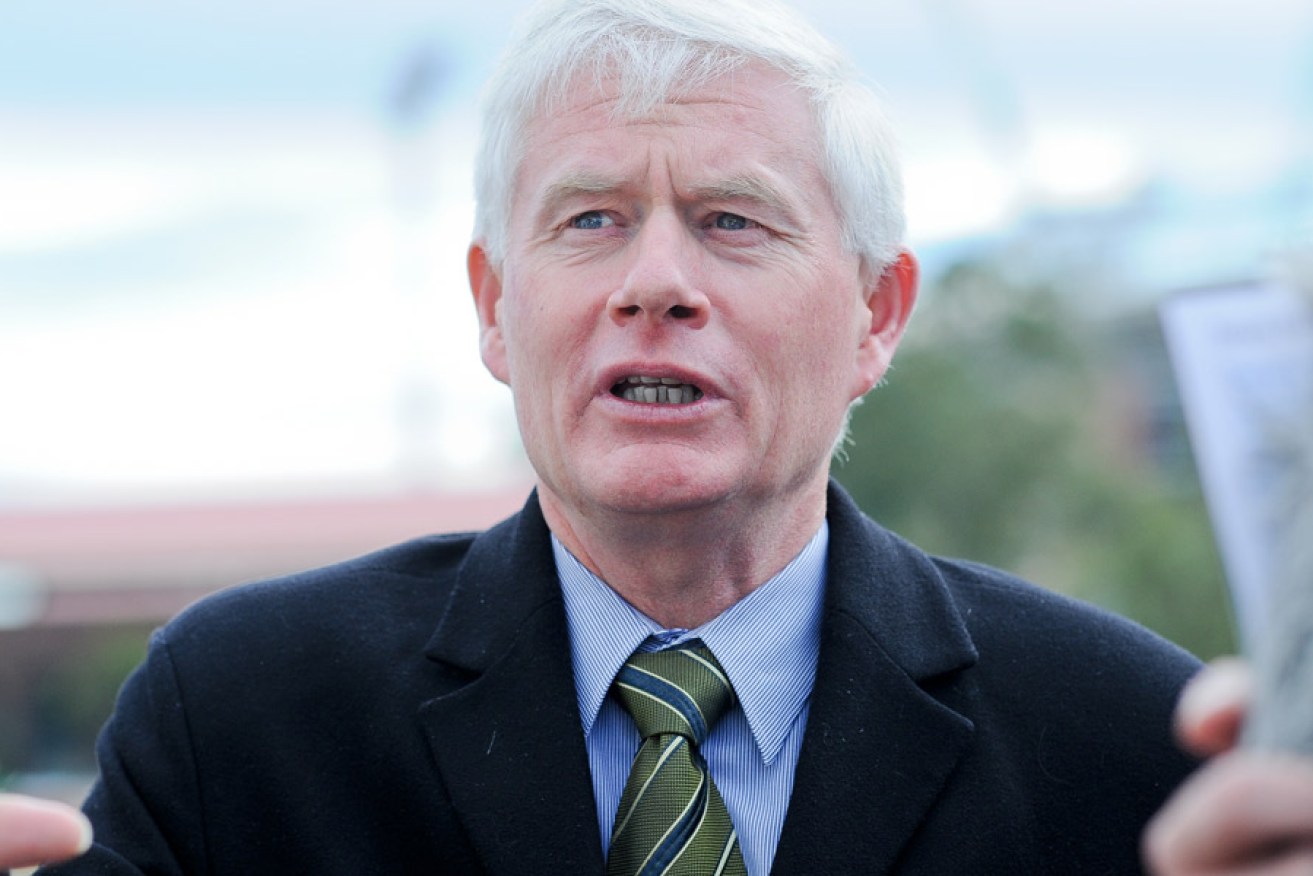Big Planning for the Minister of City Vibrancy

John Rau. Photo: Nat Rogers/inDaily
Re-drafting the state’s Development Act “from the ground up”, “harmonising” liquor licensing and development applications, and tweaking the controversial late-night code are imminent as Deputy Premier John Rau adjusts to life in his new super-ministry.
Since acquiring authority for the fraught area of child protection reform in a February reshuffle, the Attorney-General has quietly gone about amassing a raft of other portfolio responsibilities.
Liquor licensing has fallen out of Gail Gago’s purview and back under Rau’s, while he has also taken carriage of elements of Zoe Bettison’s Social Housing portfolio.
If it sounds a mess, it’s intended to streamline substantial reform in his existing Planning area, but this new super-portfolio might more readily be dubbed the Ministry for City Vibrancy.
“Creating a vibrant city is one of the defining things we can hope to do,” Rau tells InDaily.
He says it won’t happen “overnight”, but “in five or 10 years people will look back and say, ‘Hey, what’s happened to Adelaide?’”
The Weatherill cabinet, without fanfare, recently agreed to re-establish a “Vibrant City” cabinet sub-committee, with Rau as chair. Gago, who had just announced measures to cut red tape and costs for venues providing live entertainment between 11am and midnight, handed liquor licensing back to Rau.
“It seemed appropriate to me, because liquor licensing is so much integrated inextricably with local government and planning decision-making issues, for that to be in the same place,” he said, insisting Gago wasn’t unhappy to lose part of her portfolio empire.
“I wouldn’t say that,” he smiles.
“She appears to be fairly busy with VET (vocational education training).”
Having had carriage of liquor licensing before the 2014 election, Rau says he had “already done a number of the reforms I thought needed to be done in that area” and recognised it would be “a very important ingredient” in his planned development reforms, “particularly over the next 12 to 18 months”.
“We’re doing a whole review of the Development Act…I want to scrap the Development Act and start from the ground up,” he reveals, arguing development and liquor licences should “run in parallel”.
“There should be some way if you decide you want to buy a property and turn it into a bar, you should be able to have a one-stop shop right at the beginning,” he argues.
“That’s a very important way of streamlining and getting rid of red tape (so) there’s an opportunity to do a lot of ‘harmonisation’, if you like, with liquor licensing legislation.”
There will also be a review of the Government’s late-night code, which clamped down on discounted alcohol, shots and breakable glassware, and contentiously introduced a lock-out for city venues.
“It’s a bit early to say (but) I’m expecting there’ll be a very strong case for some changes (to the code),” says Rau.
“My gut feel is that some, at least, modification of that will be prudent.”
He says the Government’s so-called “Vibrant City” policies are “interlocking” measures, with “most of the major ones now under my umbrella”.
He has taken over as effectively the Minister for Housing SA, though “I’ve no role in respect of management of those individuals as tenants — that’s entirely Zoe (Bettison’s) business”.
“But in terms of the (housing) stock, that’s in my space, because it’s part of the overall renewal of the city policy we’re pursuing.”
That includes upgrading or rebuilding “pre-1968, cookie-cutter” properties designed for nuclear families. Rau insists “the stock is not only old and expensive to maintain”, but largely impractical for many contemporary customers.
“There’s an enormous number of single people, people without kids, people with disabilities,” he says, arguing they can be more efficiently subdivided, freeing up land “to be sold as affordable housing or become part of an NGO’s social housing stock”.
“One of the problems with Government – and this is not a comment about this Government but every Government ever, state or federal – is silos,” Rau argues.
“To have the silos between the land assets held by Renewal SA and Housing SA dissolved and treated as a collective Government land asset portfolio is immensely more efficient.”
And, he adds, “having Planning also with the same minister means you can have the dispossession or renewal of those assets coordinated with broader planning objectives for the city”.
“That then feeds into our broader public policy planning proposition about public transport enhancement,” he explains.
So does that mean he also intends to pilfer Transport Services from Stephen Mullighan?
“No, no, no, no…But I was the driving force behind the Integrated Transport and Land Use Plan, and I’ve been very pleased to be working very closely with Stephen Mullighan,” Rau says.
“I asked the Premier to make him Minister assisting me (in Planning, Housing and Urban Development), so there’s little space between Stephen and me.”
He says the city vibrancy policy is “the bridge between those” ministries and “when we look at the whole thing, hopefully we’ll see an integrated, consistent and coordinated vision for the next five, 10, 15 years”.




